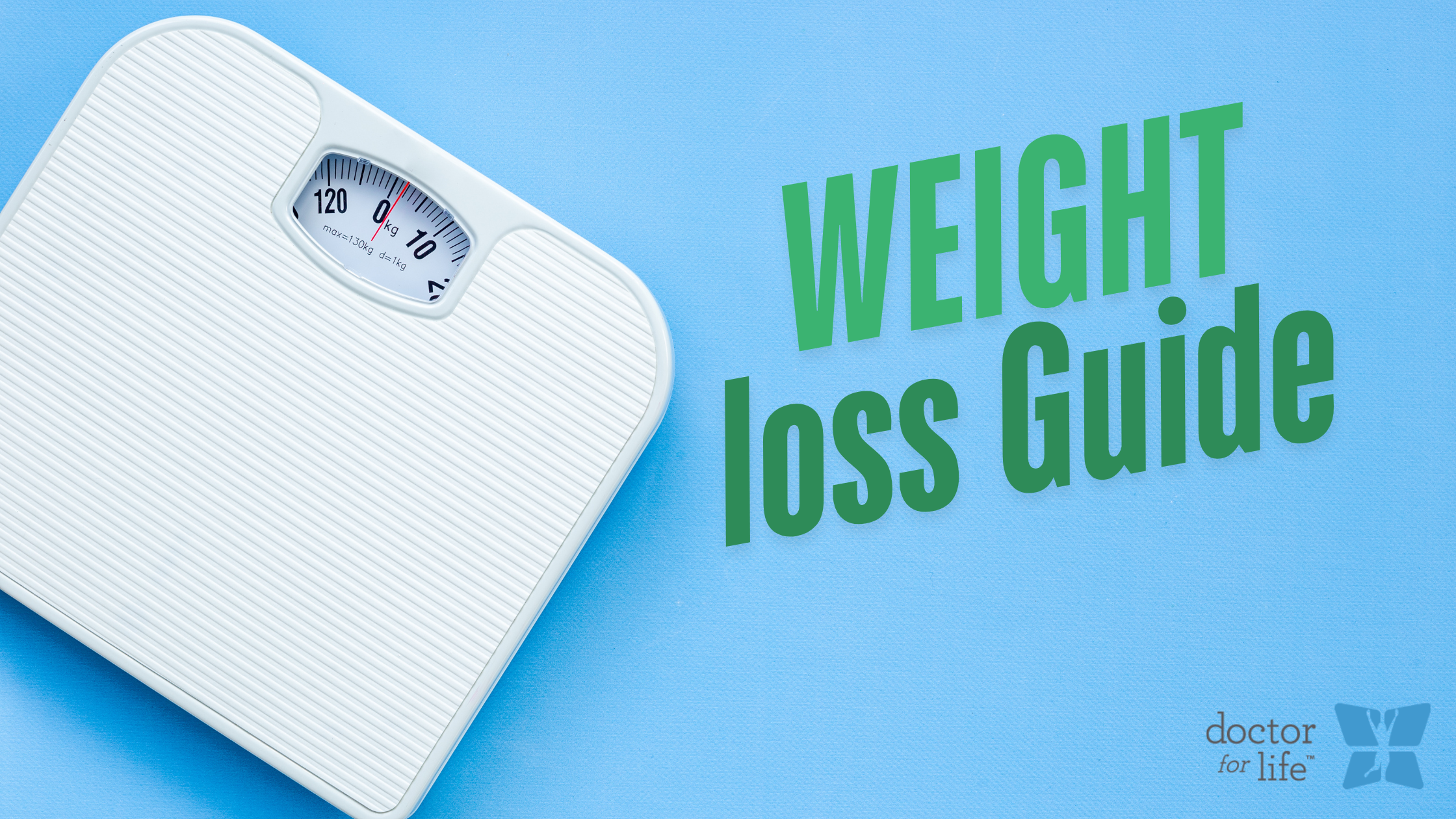
Maintaining a healthy weight is essential for overall well-being, disease prevention, and longevity. While there are many weight loss fads and diet trends, the most effective and sustainable way to manage weight is through healthy eating habits. A well-balanced diet not only helps in weight management but also enhances energy levels, improves digestion, and reduces the risk of chronic diseases such as diabetes, heart disease, and obesity.
If you’re looking to achieve and maintain a healthy weight, here are some essential healthy eating tips to guide you on your journey:
1. Prioritize Whole, Nutrient-Dense Foods
Whole foods, such as fresh fruits, vegetables, lean proteins, whole grains, and healthy fats, should be the foundation of your diet. These foods are rich in vitamins, minerals, and fiber, which support digestion, boost metabolism, and keep you feeling full longer. Processed foods, on the other hand, often contain added sugars, unhealthy fats, and preservatives that contribute to weight gain and other health issues.
Tip:
-
Fill half your plate with colorful vegetables at each meal.
-
Choose whole grains like brown rice, quinoa, and whole-wheat bread instead of refined grains.
-
Opt for lean proteins like chicken, fish, tofu, beans, and legumes.
2. Practice Portion Control
Overeating—even healthy foods—can lead to weight gain. Being mindful of portion sizes ensures that you consume the right amount of calories without going overboard.
Tip:
-
Use smaller plates to help control portions.
-
Read food labels and follow serving size recommendations.
-
Avoid eating straight from the package; serve food on a plate to control how much you consume.
-
Eat slowly and listen to your body’s hunger and fullness cues.
3. Reduce Added Sugars and Refined Carbs
Excess sugar and refined carbohydrates (such as white bread, pastries, and sugary drinks) can lead to blood sugar spikes, increased cravings, and weight gain. They provide empty calories with little nutritional value and contribute to fat storage.
Tip:
-
Swap soda and sugary juices for water, herbal tea, or infused water with lemon and mint.
-
Choose whole fruits over fruit juices to get natural fiber and reduce sugar intake.
-
Read food labels to identify and limit hidden sugars in cereals, yogurts, and snacks.
4. Stay Hydrated
Drinking enough water is essential for digestion, metabolism, and appetite control. Sometimes, the body can mistake thirst for hunger, leading to unnecessary snacking.
Tip:
-
Drink at least 8 glasses of water per day (or more if active).
-
Start your meals with a glass of water to prevent overeating.
-
Carry a reusable water bottle to ensure you stay hydrated throughout the day.
5. Incorporate Healthy Fats
Healthy fats are essential for hormone production, brain function, and satiety. They also help reduce inflammation and improve overall health.
Tip:
-
Choose avocados, nuts, seeds, olive oil, and fatty fish like salmon.
-
Avoid trans fats and highly processed oils found in fried and packaged foods.
-
Use portion control when consuming fats, as they are calorie-dense.
6. Eat Protein-Rich Foods
Protein is crucial for muscle maintenance, metabolism, and appetite regulation. It helps keep you fuller for longer, reducing cravings and unnecessary snacking.
Tip:
-
Include a source of protein in every meal, such as eggs, lean meats, fish, beans, or Greek yogurt.
-
Snack on protein-rich foods like nuts, cottage cheese, or hummus with vegetables.
7. Plan and Prepare Meals in Advance
Planning meals ahead of time helps prevent unhealthy food choices and impulsive eating. Meal prepping also saves time and ensures that you have nutritious options readily available.
Tip:
-
Create a weekly meal plan and grocery list to stay on track.
-
Prepare healthy snacks like cut-up vegetables, fruits, and nuts for convenient, on-the-go eating.
-
Cook in bulk and store meals in portion-controlled containers for easy access.
8. Eat Mindfully and Avoid Emotional Eating
Mindful eating involves being fully present while eating, paying attention to hunger cues, and avoiding distractions like TV or smartphones. Emotional eating, on the other hand, often leads to overconsumption of unhealthy foods in response to stress, boredom, or sadness.
Tip:
-
Eat slowly and savor each bite.
-
Identify emotional triggers and find alternative coping strategies, such as exercise, meditation, or journaling.
-
Stop eating when you feel satisfied, not stuffed.
9. Avoid Late-Night Snacking
Eating late at night, especially unhealthy snacks, can contribute to weight gain and poor digestion. The body’s metabolism slows down at night, making it harder to burn excess calories.
Tip:
-
Set a cut-off time for eating, ideally 2-3 hours before bed.
-
If hungry, opt for a light snack like a handful of nuts, yogurt, or herbal tea.
10. Be Consistent and Allow Flexibility
Healthy eating is not about perfection; it’s about balance and sustainability. A restrictive diet often leads to frustration and binge eating. Instead, aim for consistency while allowing room for occasional indulgences.
Tip:
-
Follow the 80/20 rule: Eat healthy 80% of the time and allow room for treats 20% of the time.
-
If you have a setback, don’t feel guilty—just get back on track with your next meal.
-
Focus on long-term lifestyle changes, not quick fixes.
Final Thoughts
Eating healthy for a healthy weight is a lifelong commitment rather than a temporary diet. By making small, sustainable changes to your eating habits, you can achieve and maintain your desired weight while enjoying a more energetic and healthier life.
Start implementing these tips today, and remember that every small step counts. Consistency and balance are the keys to long-term success in your health journey!